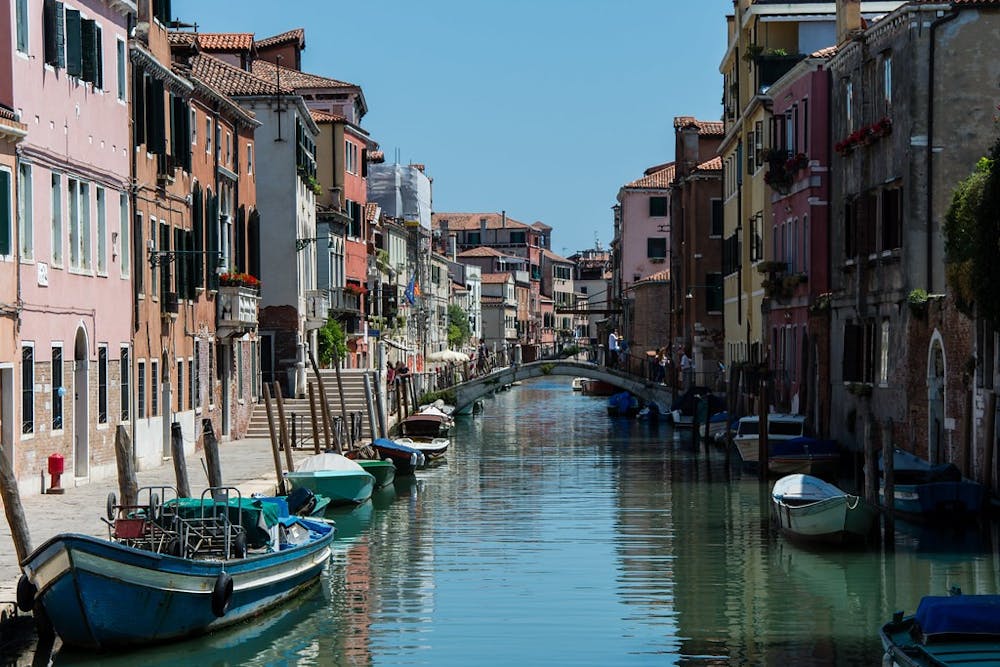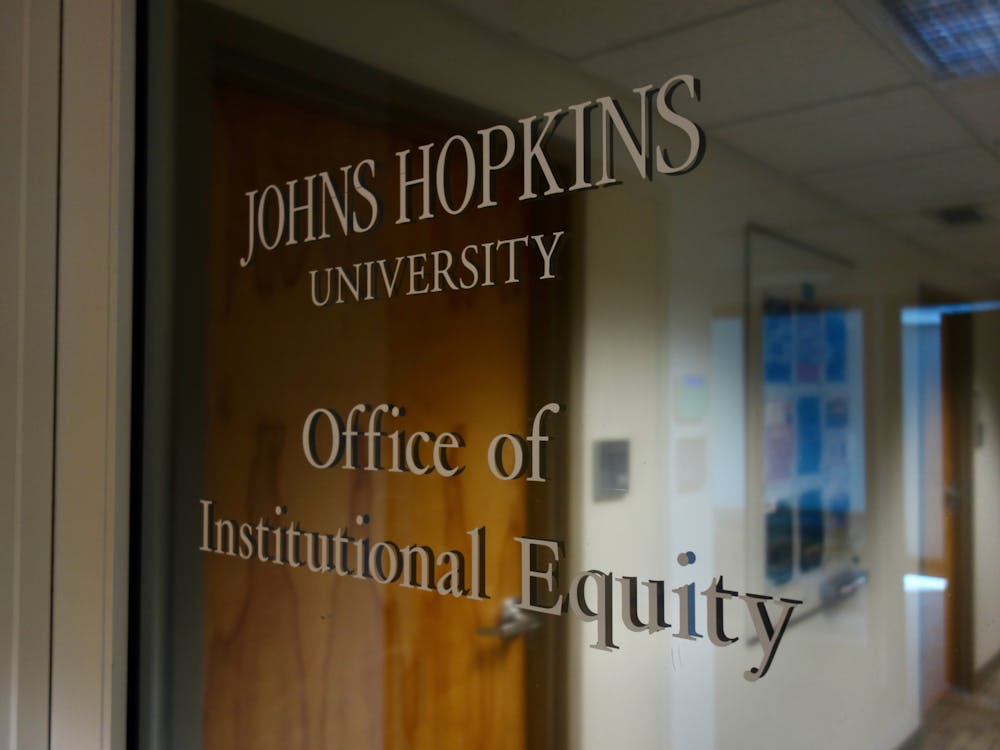I remember scrolling through Twitter about a week ago and seeing pictures of the canals in Venice. They were crystal clear, there were fish swimming and the swans had returned — I didn’t even know the Venice canals attracted swans! Before coronavirus (COVID-19), the canals were always infamously polluted, used more as a sewage disposal system than a canal. Given how clear the water is now, you probably could swim in it (if you really wanted to).
I was extremely surprised, and excited, because I saw how we can change our behaviors as a society to make a difference in our environments and save lives. It is possible. We can do it. The COVID-19 pandemic can give us a little glimpse into what our futures could be.
The COVID-19 pandemic also shows us who the government really cares about and who deserves assistance in times of crisis.
Climate change is another crisis that we forget about during the pandemic, even when it has been displacing and killing more lives than the virus will. And climate change hasn’t stopped because of this pandemic.
Almost two weeks ago, there was extreme flooding from the Bobonaza River in Ecuador, affecting at least 350 indigenous families in the Sarayaku region. They didn’t want outside assistance from Ecuador’s National Risk and Emergency Management Service (SNGRE) because they didn’t want to risk COVID-19 infection. However, mainstream Western media was preoccupied covering Trump’s lack of action on the COVID-19 pandemic in the United States. This left indigenous activists to stand up for their land and people as best they could, alone.
This is a prime example of why countries like the U.S. are not doing anything to combat climate change: they aren’t impacted or losing their homes and livelihoods from it.
At least, not yet.
The Western media covers what is deemed important in the current moment, and right now that’s COVID-19. It seems more pressing. When China’s number of cases continued to rise at unprecedented rates, we didn’t talk about it nearly as much as we did when it hit Italy, or when it hit the U.S.
It seems like more people are dying right now quicker than ever. In New York City, someone dies from COVID-19 at a rate of about every 17 minutes, and the state government is taking the situation very seriously. However, what did we do about Hurricane Maria that killed just over 3,000 in 2017? Not enough, with governments downplaying the number of deaths and not deploying enough federal assistance after the disaster.
Today, the death toll for COVID-19 in the U.S., while rising and with huge potential to rise, has exceed 5,000. Yes, the scenarios above are not the same. One was a hurricane and one is a global pandemic. But the responses are too drastically different. The latter is a sudden sense of urgency from a widespread state of panic, while the former was a reluctant sense of responsibility to help.
Well, why are people panicking so much and implementing such drastic quarantine measures? COVID-19 is infecting prominent, affluent members of society. It is impacting basically everyone right now, but we couldn’t care less about when it was impacting the non-Western societies and lower- and middle-income countries near China.
The virus will go away, we just don’t know when or in how much time. We don’t know how many more people will die of it. This uncertainty is more frightening than the certainty of climate change’s consequences. Yet according to the 2018 report by the United Nations Intergovernmental Panel on Climate Change, the effects are irreversible if we don’t act by 2030.
Climate change just has not impacted prominent members of society enough to make them care. It’s not a problem in the Westernized and global North, but it’s impacting millions in the global South. Vulnerable populations are still living in crowded spaces where the virus transmits easily, but also where natural disasters or problems such as hunger spread and kill just as quickly. As Westerners we are determining who is important in society, and the lower-income, people of color, indigenous, non-Western societies will always be seen as less and deserving of less. Our job? To change that.
Days ago, the U.S. had become number one in number of COVID-19 cases. Today, we lead by at least 100,000 cases. Yet people continue to travel and see their friends and family in person. Are we ever going to do what we can to make sure we can withstand disaster and crisis? Are we ever going to implement ideas that produce real change? If we can’t listen to instructions about social distancing, or the need to produce more protective gear for our hospital workers, then how are we ever going to transform our society and economy to stop climate change?
One person at a time. Hopefully, while we’re talking to people in the next couple years about needing to act now to stop climate change, we won’t have to worry about spreading a contagious disease or standing six feet away from people. We’ll make the Green New Deal, a resolution addressing housing, health care and green jobs, a priority.
We need to talk to one person, and tell that person to talk to two more people, and so on and so forth. We have movements in place that have already started doing the work. COVID-19 is showing us just how quickly time is running out and just how much work we have to do. I’m terrified, yes, but I’ve also never been more motivated.
Our government is not going to do nearly enough for climate change, which means that we need to do what we can to show them this is hitting us. The U.S. is the United States. No amount of border control or wars will protect us from the climate emergency.
Right now, we are in a time of crisis. But we have been for a few years now. According to Milton Friedman, “Only a crisis — actual or perceived — produces real change. When that crisis occurs, the actions that are taken depend on the ideas that are lying around.”
We need to act to save lives, both from COVID-19 and from the climate emergency. We can redefine who is important in society, which is not just us, but all vulnerable and frontline communities. We all deserve care and attention, especially in the middle of a global pandemic or in the event of a natural disaster. Our ideas will float around, ideas that help the people and not huge corporations, ideas that will save the planet and not hurt it further, ideas that even the people and the American government won’t be able to ignore.
We can make the Venice canals stay clear, we can create a habitat where fish can survive in those waters and we can create the habitat for us to survive with it.
Laís Santoro is a freshman from Downingtown, Pa. studying Public Health and Environmental Studies. She organizes with Sunrise Movement Baltimore and founded the new Sunrise Hopkins hub.





